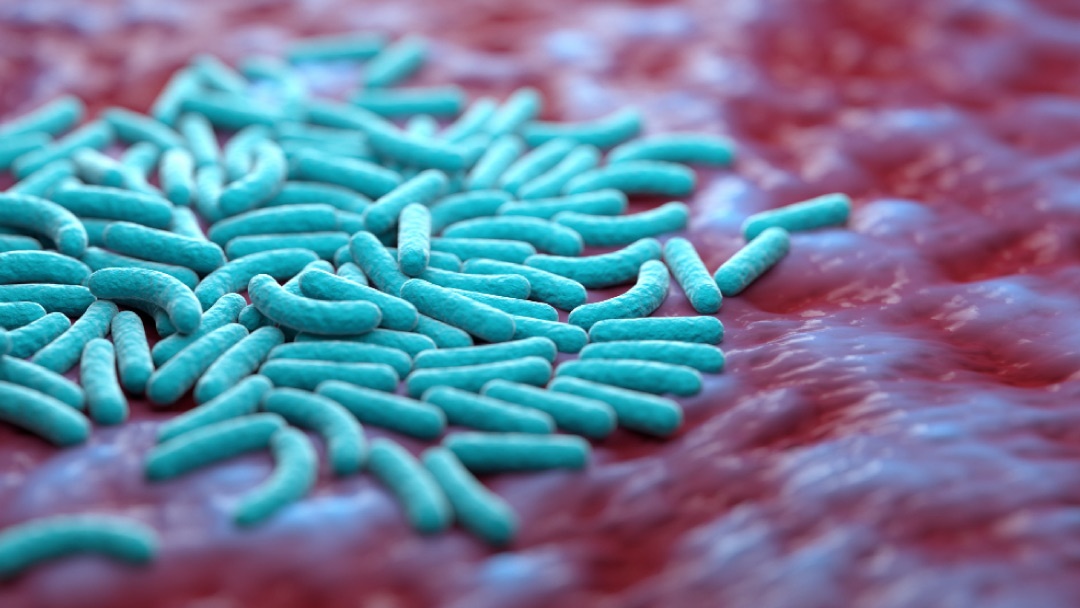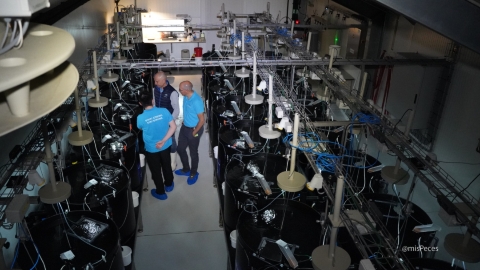
Scientific evidence increasingly highlights the importance of a well-balanced gut microbiota in fish as a cornerstone for successful aquaculture production. In an innovative study, researchers from the University of Murcia, Spain, and Mohammed V University in Rabat, Morocco, investigated the potential of three short-chain fatty acids-acetic, propionic, and butyric acids-produced by gut microorganisms in gilthead seabream (Sparus aurata). These acids were found to play a crucial role in modulating inflammatory processes in the skin of this species.
The research was conducted at the experimental facilities of the University of Murcia, where inflammation was induced and genetic and physiological analyses of the samples were performed. The team at Mohammed V University in Rabat provided support in designing the experimental model and interpreting the data.
The experiment involved 50 juvenile gilthead seabreams, averaging 20 cm in legth 150 grams in weight. The fish were divided into experimental groups to receive treatments with individuals short-chain fatty acids (acetic, propionic, and butyric acids) and a control group without treatment.
An acute skin inflammation model was employed, induced using carrageenean-a compound derived from red algae known for triggering inflammatory responses. This type of lesion is common in fish raised in intensive aquaculture systems, often leading to secondary infections, compromised skin integrity, and reduced productivity.
The short-chain fatty acids were then individually administered to evaluate their effects. Regarding to the findings, acetic acid significantly reduced the expression of pro-inflammatory genes such as il-1β and il-6, modulating the inflammatory response and preventing further tissue damage.
Propionic acid primarily contributed to resolving inflammatory, aiding tissue repair by recruiting acidophilic granulocytes, a key type of immune cell. Additionally, this acid positively regulated genes involved in tissue generation, such as tgf-β1.
Finally, butyric acid acted as an immunological modulator, maintaining homeostasis in inflammatory processes. It also promoted greater cell proliferation in affected areas, supporting tissue generation.
Production Fatty Acids and Dietary Links
The production of these fatty acids in the gut depends on the activity of the intestinal microbiota, which requires a diet rich in fibre and prebiotic compounds to serve as a substrate for microbial fermentation. This process produced short-chain fatty acids as by-products. The study suggests that diets containing ingredients like cellulose or specific polysaccharides could optimize this production.
These findings hold potential applications in aquaculture through the development of functional diets. Such diets would not only include fibre-rich ingredients but also incorporate bioactive compounds to enhance the action of fatty acids. Additionally, the use of targeted dietary supplements could help maintaining the stability and diversity of gut microbiota, improving fish health and productivity.


